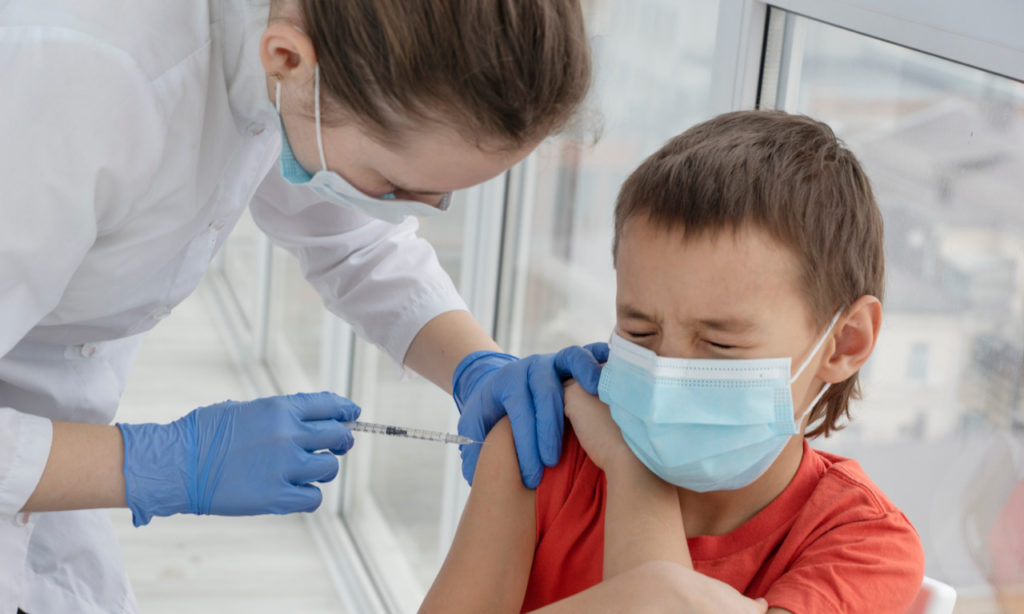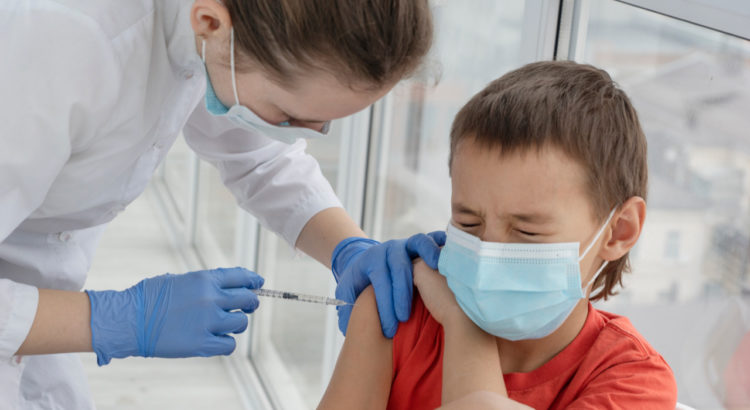
Evidence all points to a clear ‘no’
The FDA last week gave Pfizer emergency use authorisation for their vaccine for 5-11s and CDC recommendation followed within days. Already California has announced that it will be mandatory to access state education. As before, claims for efficacy are largely based around a good antibody response — how would healthy children do anything other than make lots of antibodies? No mention of how much spike protein they make in the process. Of note, the formulation has been changed but with no new toxicology data. Regarding safety, Pfizer’s documentation made this horrifyingly obvious admission: ‘The number of participants in the current clinical development program is too small to detect any potential risks of myocarditis associated with vaccination. Long-term safety of COVID-19 vaccine in participants 5 to <12 years of age will be studied in 5 post-authorization safety studies, including a 5-year follow-up study to evaluate long term sequelae of post-vaccination myocarditis/pericarditis.’ This from a company who has no liability if things go wrong.
But what of the UK? The MHRA has a habit of copying the FDA and EMA decisions but perhaps they will heed the calls for caution. Authors, including two members of the JCVI, published a review article aimed at helping policy makers address both sides of the risk/benefit equation. However, even this more balanced approach has certain omissions. They rightly state that a large proportion of children might already be immune and point to waning immunity after vaccinations, suggesting that primary infection at young age with repeated exposure over time might be a better strategy. But they do not cite recent evidence that people who are first vaccinated then exposed afterwards, appear to mount a brisk IgG response to the spike protein since this is already in their immune memory, but may fail to mount the broader response associated with natural infection, including N-antibodies. For those children already immune (the majority), vaccination is clearly unnecessary but for the rest, vaccination may be pushing them down the path of regular boosters now being pushed onto adults. Under the heading ‘Long-term safety’, the authors rightly quote concerns of possible ongoing effects of myocarditis, but they make no mention of any other potential as yet unknown effects of these novel technologies.
Most importantly, the authors state that, ‘Subjecting children to potential risk of vaccine adverse effects to drive indirect effects with little or no direct benefit might be ethically questionable’. HART would contest that it is unethical to ask children to take a vaccine to boost herd immunity or to offset political decisions such as school closures, at a stage when the drug trials have still to be completed. Policy makers would do well to re-read the Universal Declaration on Bioethics and Human Rights and to follow the authors’ guidance to ‘weigh up the risks and benefits with caution and to proceed with care’.
It is extremely concerning that the JCVI have now announced that 16-17- year-olds should be offered a further dose of Pfizer vaccine, despite clear evidence that myocarditis risk rises substantially with the second dose. The follow up on children with severe changes on cardiac MRI scans remains unpublished. The suggestion that this is a mild and transient adverse reaction has no evidence base.

